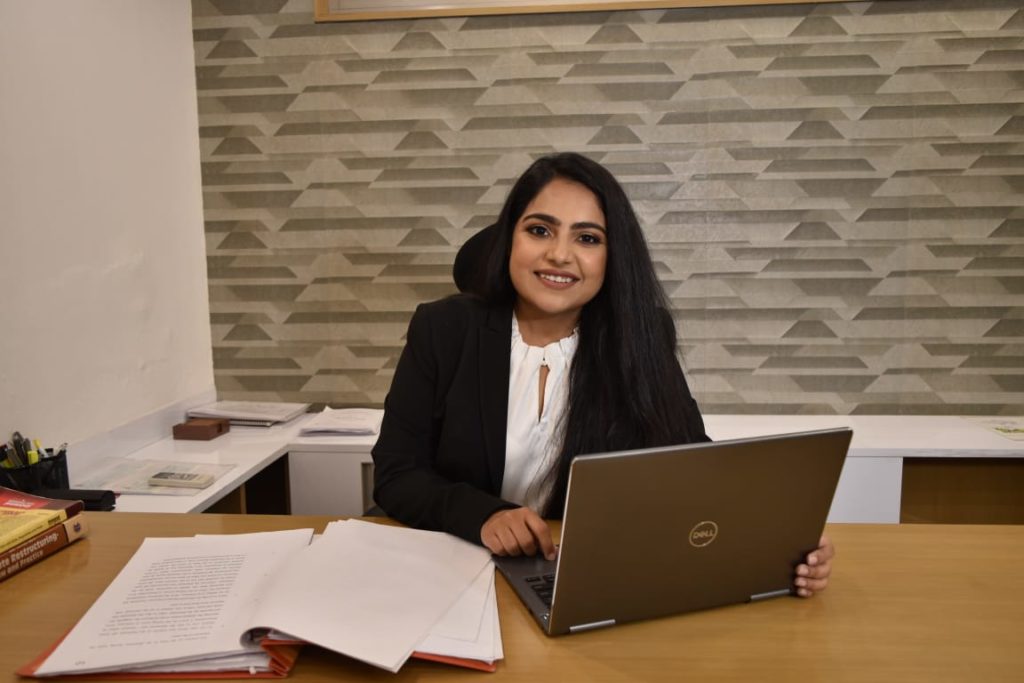Ms. Rishika Arora, an LL.M. from Columbia Law School is working tirelessly towards providing pro bono legal services to the underprivileged. She is equally earnest in attending and organising events which serve a useful purpose for law students.
Q. You have volunteered for Pro Bono legal Services in New York City, USA and are also the Founder of The Legal Cell, in India. Do you think students should focus on legal aid internships and how should they prepare themselves for that?
A. There are no specific requirements that I trust students to possess in order to pursue the concerned internships. What one needs is the right intent and firm resolution to work for the marginalised and underprivileged section of the society. It is very important for a law student to reach at the grassroot level and understand the issues being faced and remain au courant with legal issues faced by people who are not aware or conscious about their legal rights and henceforth do not know whom to approach in case of any difficulty.
My first internship as a law student involved conducting training sessions at an NGO dedicated towards women empowerment and development. Conducting these sessions at a young age and interacting with women from various strata of the society was an exalting experience altogether and I believe it was something which I needed to do.
Q. How is the experience being the Young Lawyers’ Representative(Australasian Region) at Commonwealth Lawyers Association like?
A. We at Commonwealth Lawyers Association hold discussions among lawyers of a cultural mosaic on issues concerning respective countries. Honestly, I have learned a lot from lawyers working in different socio-political backgrounds with different jurisdictions.
The target of the Association is to ultimately adopt the strategies and procedures adopted by other countries in the legal fabric of other in order to achieve peace, law and order in the society.
The journey has been amazing so far and I really look forward to how it goes.
Q. What is the admission procedure for an LL.M. candidate at Columbia Law School and what do they look for in a candidate?
A. The point of scrutiny here is anything and everything that a law student can offer to the University by his own merits and records. Our batch had a strength of about 250 students across the world and each student possessed his share of fair qualities and caliber so as to earn a seat in Columbia Law School.
The statement of purpose (SOP) that one submits with the application form and Curriculum Vitae; expects a student to state how well can he align himself with the requirements of the course he wishes to pursue. For this, students need some self-contemplation and exploration about the area which they find intriguing enough to study and make a mark. Secondly, an analysis of one’s extracurricular activities and their relation with course to be pursued is also reviewed.
Students have been seen to prepare themselves at least 18 months prior to actually applying for Masters, which I would personally suggest students to follow.
Q. Being the part of the Editorial Board of Journal for Arbitration and Intellectual Property Law, what are the qualities you look for in a research paper which can influence the rejection or approval of a paper?
A. Mere copying of various sources into a research paper without implanting any authentic efforts is something which goes into rejection of a paper. The main objective of a research author should be to establish the proposition supposed in the abstract. Showing that one has an edge over others and manifesting that in his research papers through his originally crafted ideas which can be implemented is appreciated.


